
News writer, Interviewer
Former US Secretary of State Hillary Clinton has entered the debate over charity lottery laws in Northern Ireland, supporting potential changes that could bring significant funding to local charities and community organizations.
Clinton backs postcode lottery law change
Changes to charity lottery regulations could deliver "vital new funding into Northern Ireland's civil society," according to Hillary Clinton. The Chancellor of Queen's University Belfast will address the People's Postcode Lottery reception at Stormont through a video message on Tuesday.
Clinton's intervention comes as Alliance assembly member Sian Mulholland launches a public consultation on her Private Members Lotteries for Communities Bill. The proposed legislation aims to expand charity lottery fundraising capabilities in Northern Ireland. Clinton states in her message:
Through our visits to Northern Ireland over the years, we know how vital the charity sector and civil society are. When we heard that People's Postcode Lottery might come to Northern Ireland, we wanted to lend our voices in support.
The bill faces opposition from Allwyn UK, operator of the National Lottery in Northern Ireland, which has warned against what it terms "industrial-scale society lotteries." Allwyn claims their research indicates a potential £5.4m annual loss to Northern Ireland's finances and National Lottery good causes within five years if the legislation passes.
Mulholland counters that research from Great Britain shows no significant impact on National Lottery participation, emphasizing that the products serve different markets.
What is the People's Postcode Lottery?
The People's Postcode Lottery operates as a subscription-based lottery service popular throughout much of the UK. Players register with their postcode and pay a monthly subscription fee for the chance to win cash prizes. The system automatically enters subscribers into daily draws throughout the month.
A key feature of the People's Postcode Lottery is its charitable focus, with at least 30% of ticket prices directed to charitable causes. Since its launch in 2005, the organization has raised over £1.5 billion for thousands of charities and community projects across Great Britain.
Malcolm Fleming, director of public affairs at the People's Postcode Lottery, sees "huge untapped potential" for similar fundraising efforts in Northern Ireland, potentially generating millions of pounds annually for local charities.
Why can't large society lotteries operate in Northern Ireland?
While the National Lottery operates in Northern Ireland under separate legislative provisions, current law prevents large society lotteries from doing the same. Mulholland explains this restriction stems from "the cap and the limits that are set in terms of how many people are allowed to play charity lotteries here and also how much charity lotteries here are allowed to put up the prices."
Northern Ireland's gambling laws remain largely based on the Betting, Gaming, Lotteries and Amusements Order from 1985. This outdated framework predates the Internet and lacks provisions for online gambling. Unlike Great Britain, Northern Ireland has no single independent regulatory body for gambling, with licensing divided between courts, councils, and the Department for Communities.
The laws were last updated in 2022, but only to allow extended opening hours for bookmakers and bingo halls rather than comprehensive reform.
Do similar lottery systems exist in the US?
The United States lacks an exact equivalent to the People's Postcode Lottery. While several state lotteries offer subscription services, these operate differently from the postcode model.
For example, the Virginia Lottery provides an auto-renewal subscription service for games like Mega Millions, Powerball, Cash4Life, and Cash 5 with EZ Match. This "set it and forget it" approach automatically purchases tickets every two weeks.
Similarly, the Illinois Lottery offers subscriptions for Powerball, Mega Millions, Lotto, Lucky Day Lotto, Pick 3, and Pick 4. These subscriptions range from one week to 12 months, depending on the game.
The key difference is that these American subscriptions are extensions of traditional lottery systems rather than the community-focused, postcode-based model that directs a guaranteed percentage to charitable causes. Additionally, US lotteries operate at the state level rather than nationally, creating a fragmented system compared to the UK approach.
As Northern Ireland considers updating its lottery laws, Clinton's support highlights the potential benefits of expanding charitable gaming options while maintaining appropriate regulatory safeguards.



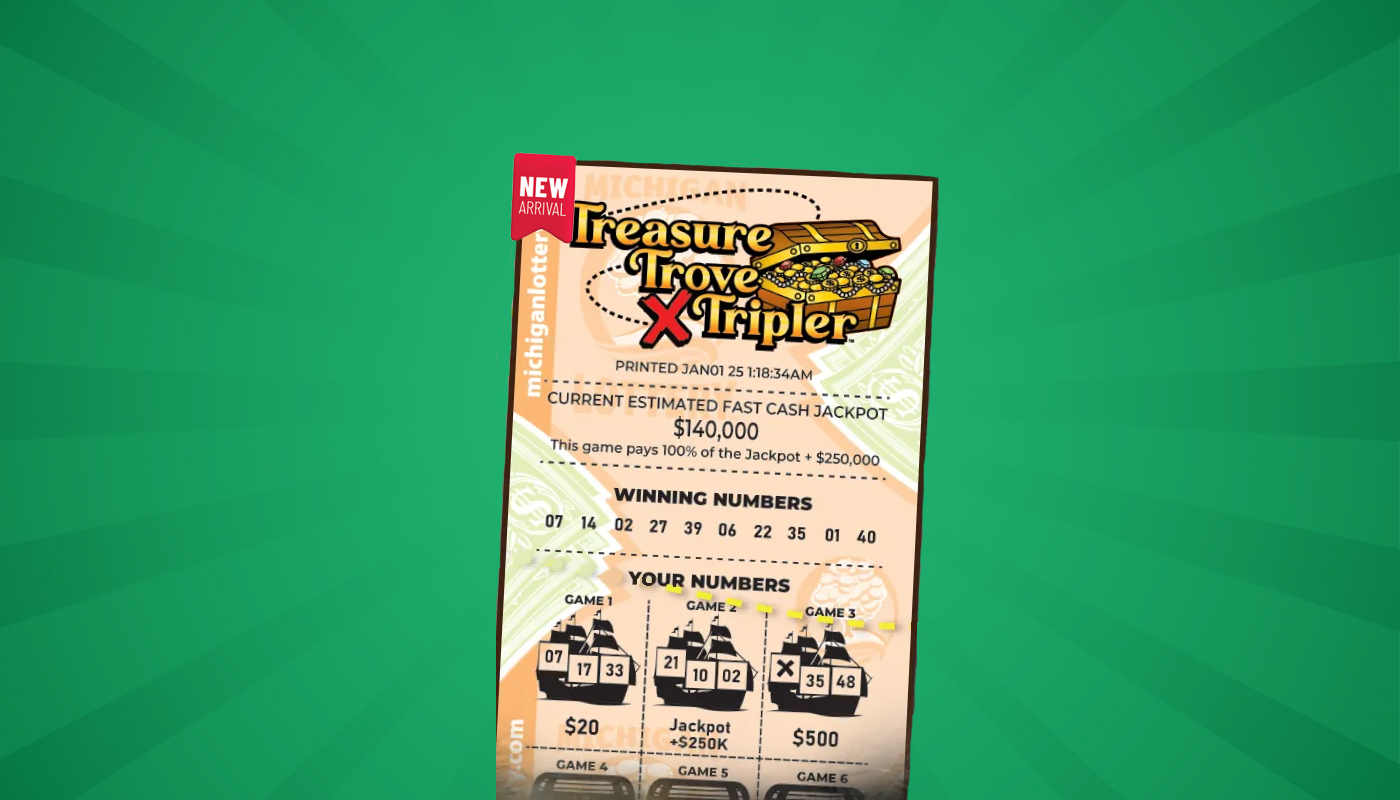

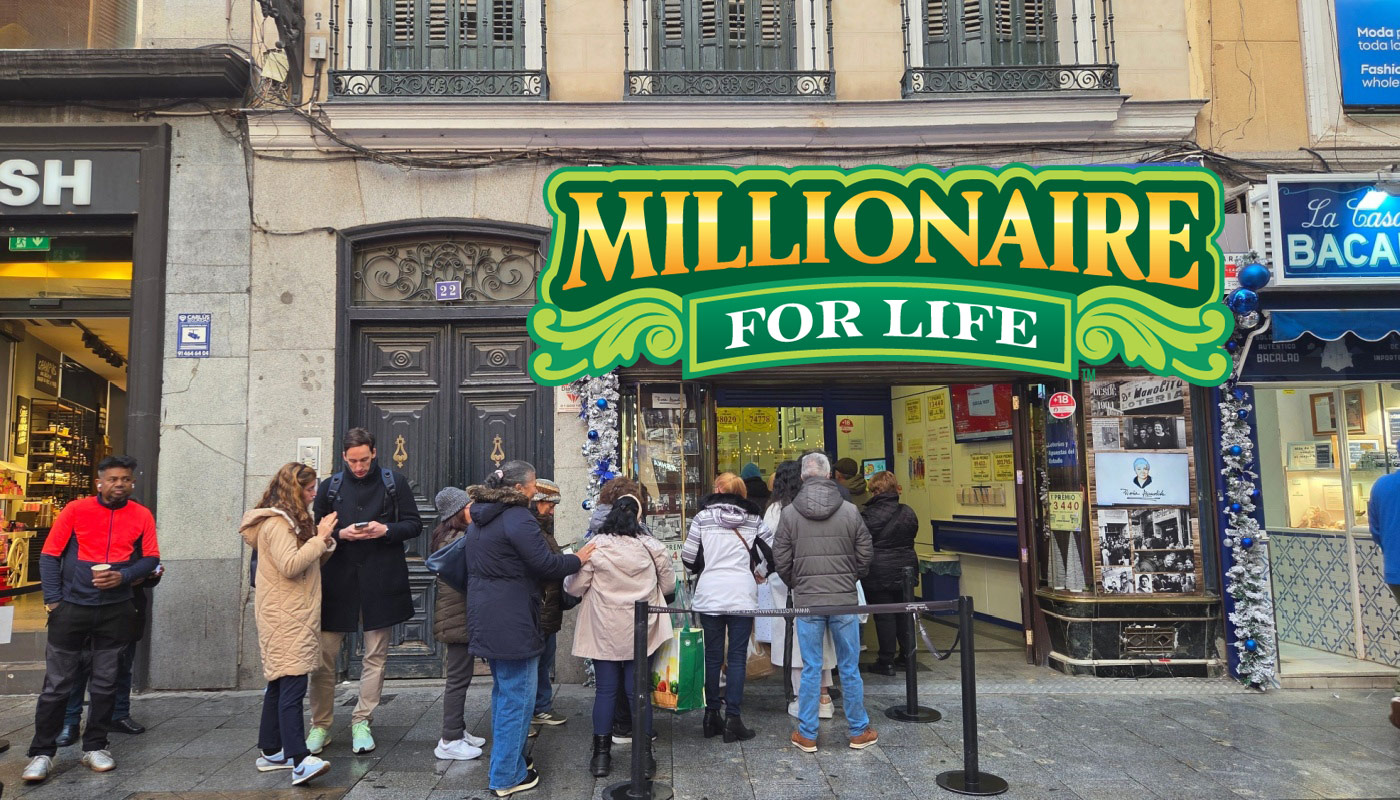
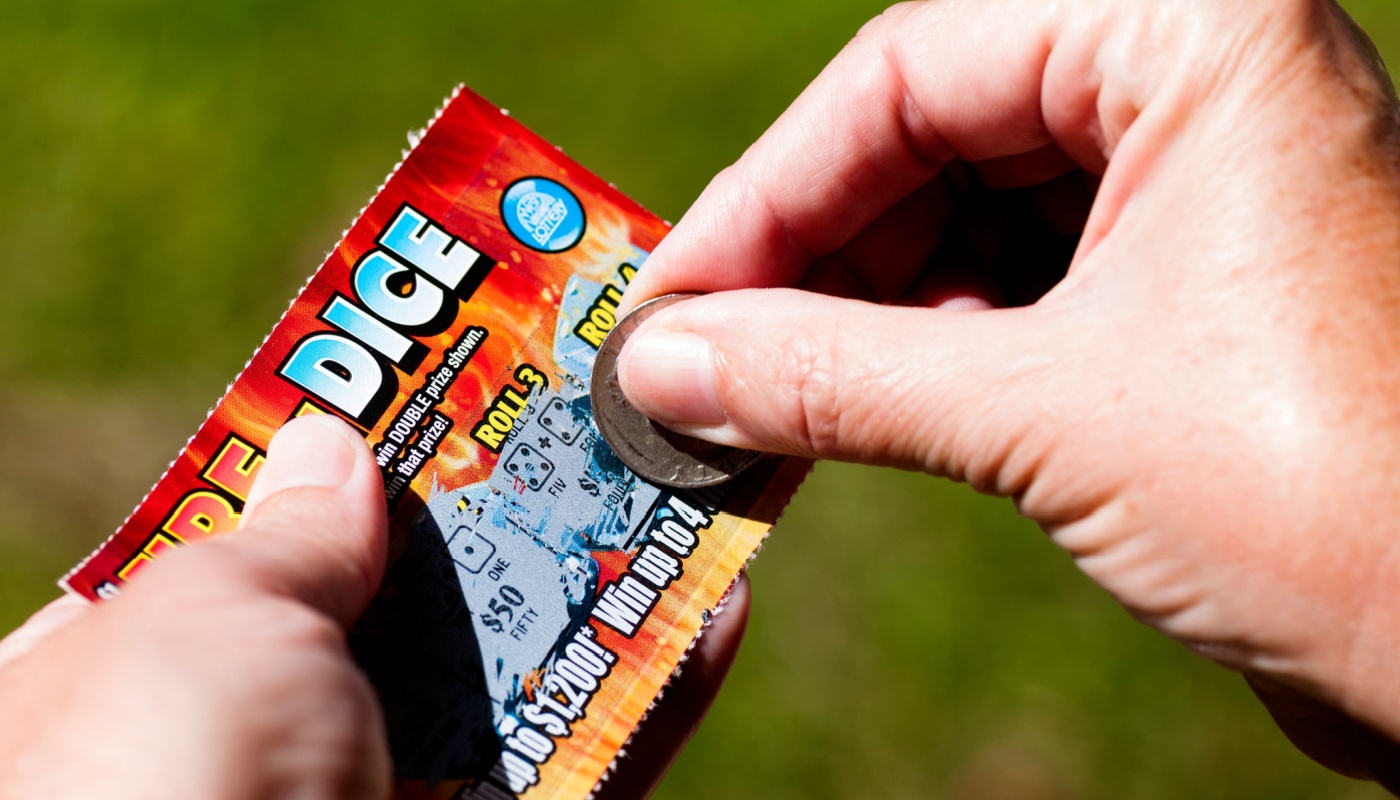
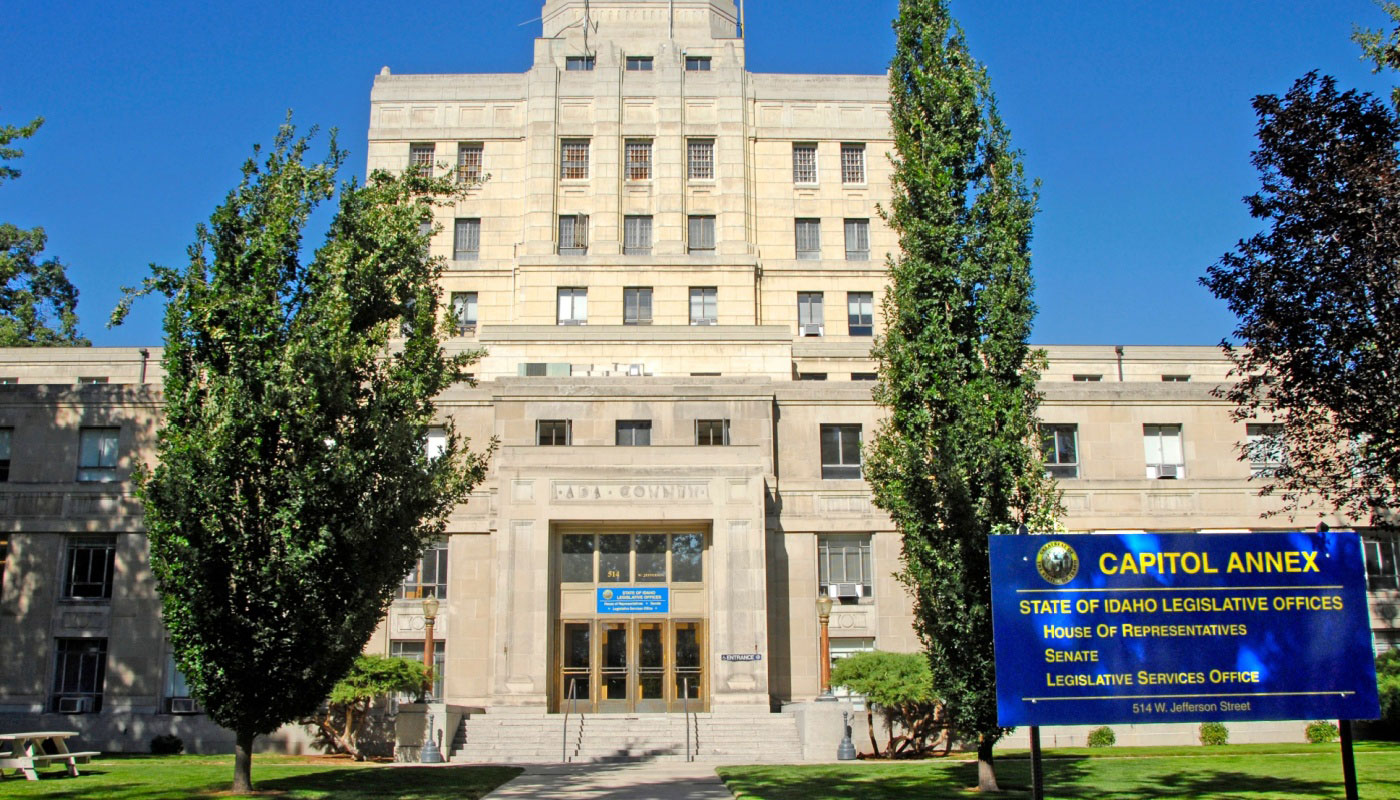
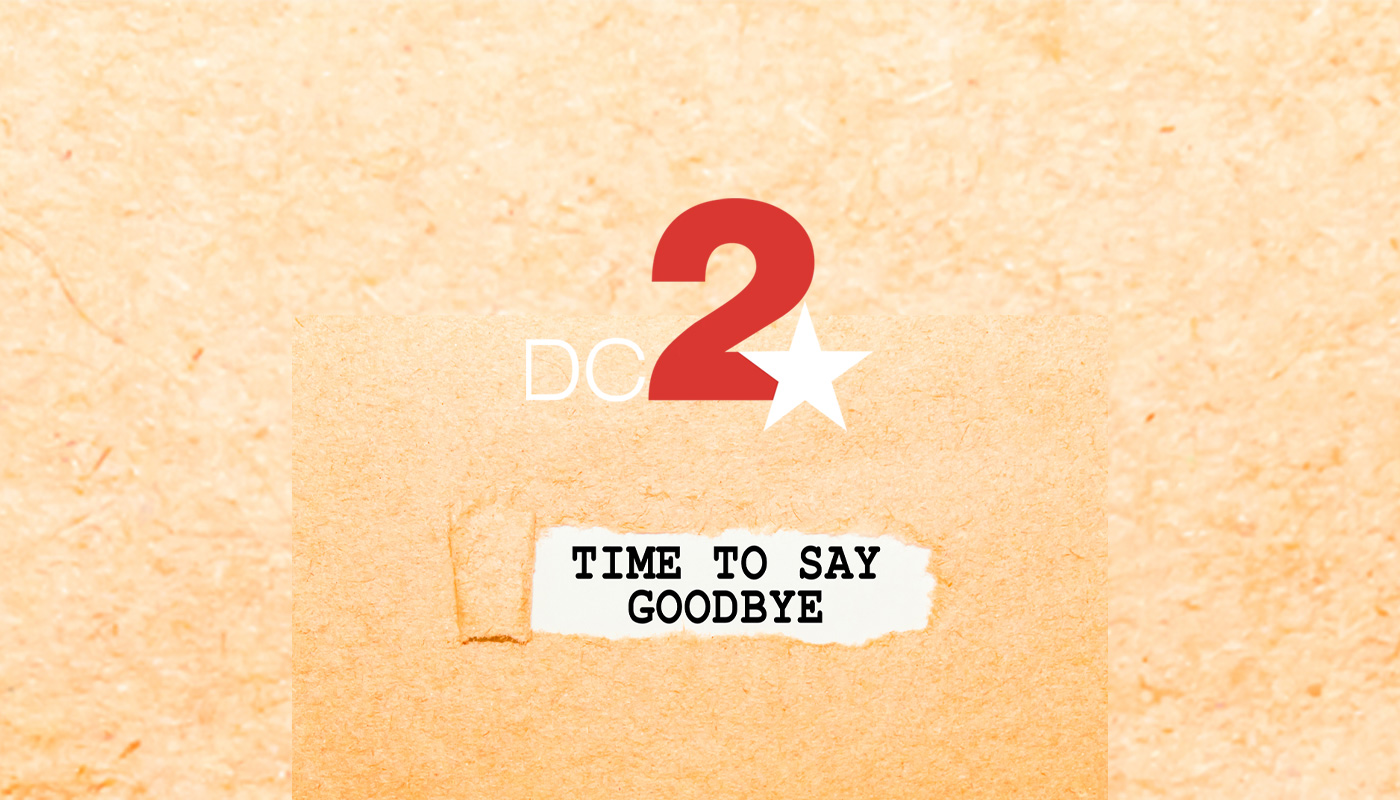

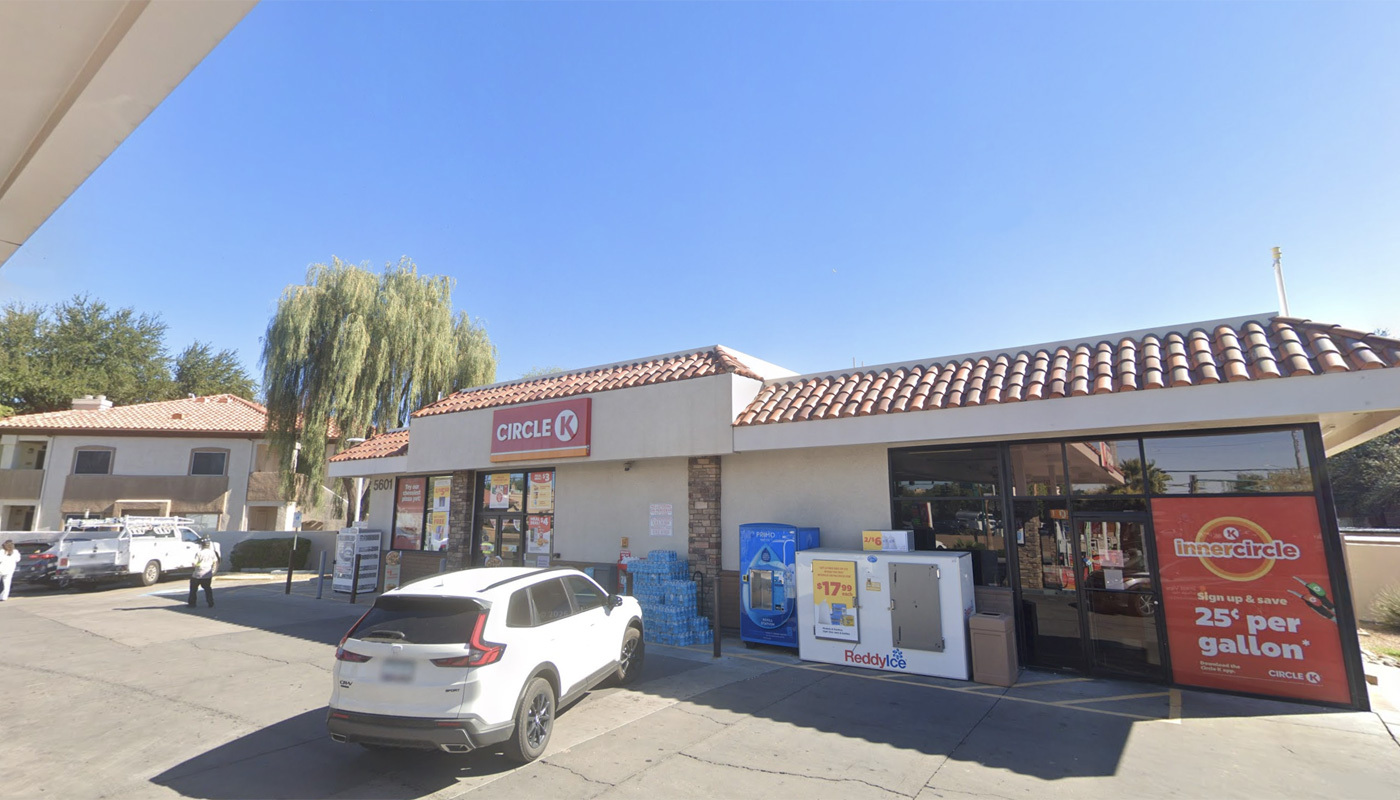









Comments